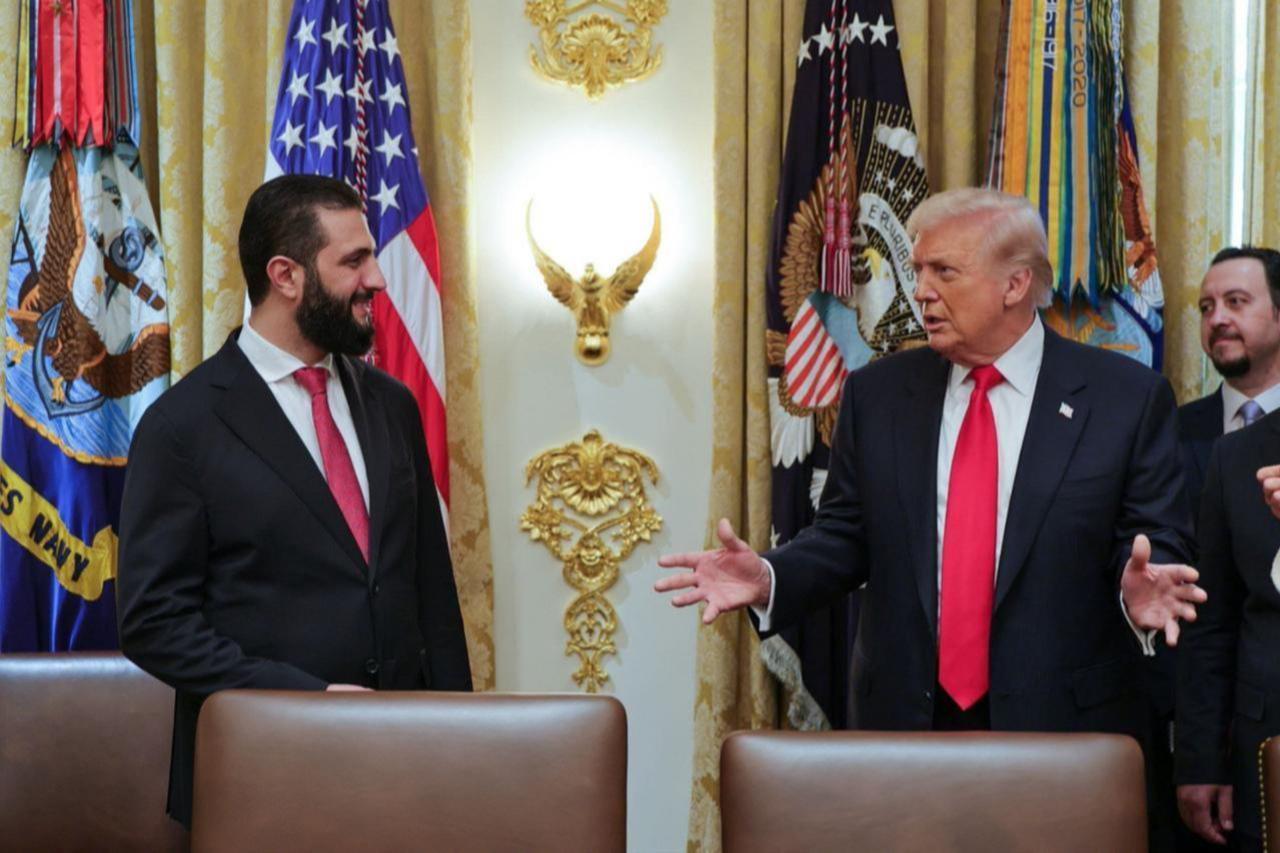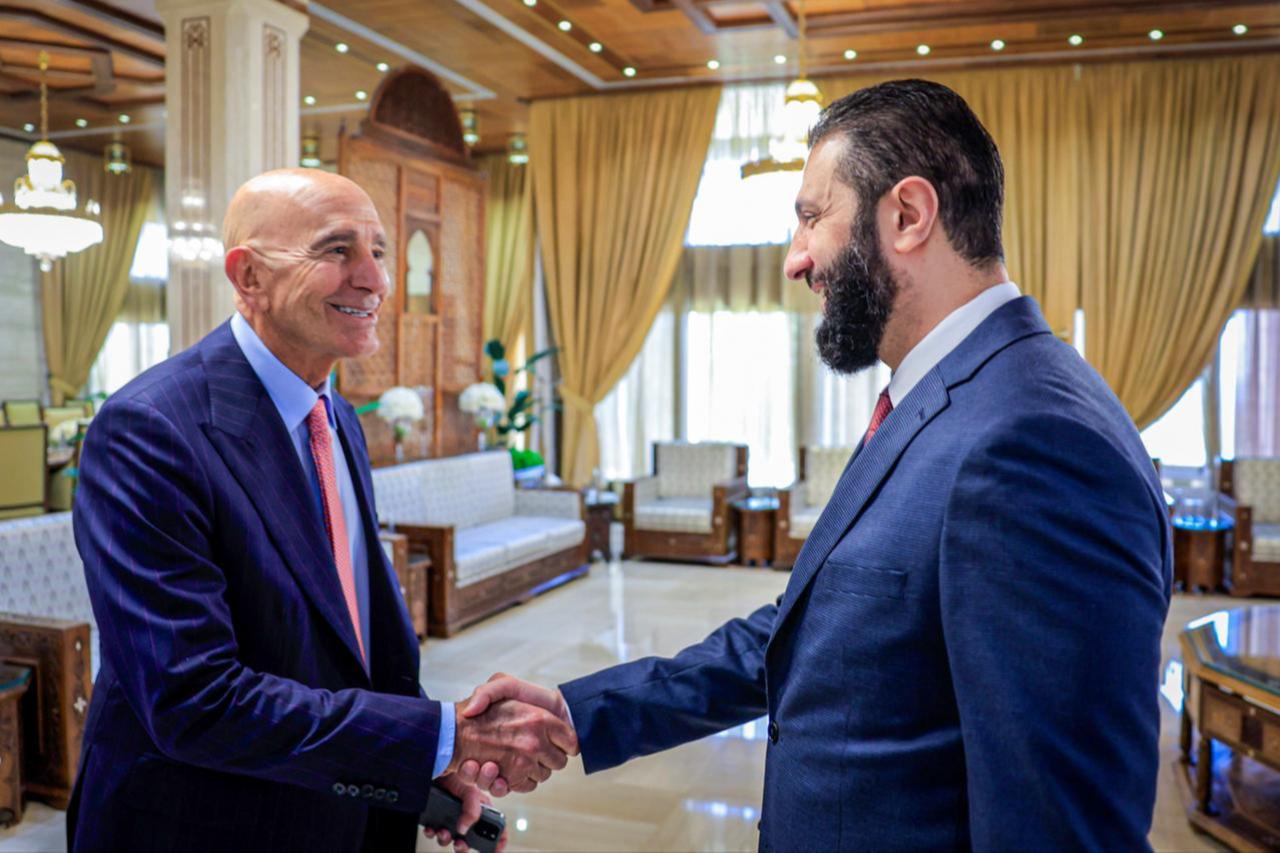
When Syrian President Ahmad al-Sharaa visited the White House, the Trump administration sent a clear message to Israel: The United States wants to give Syria a chance and does not support Israel’s long-standing strategy of dividing and weakening Damascus. While this U.S. position has been known for some time, Israel continued lobbying in Washington, D.C., to reverse it. Now, with Syria joining the anti-Daesh coalition, Israel has entered a political deadlock. The real question now is whether Israel will remain stubborn or shift its approach to what is better for Israel and Syria.
Since the fall of the Assad regime, Israel has carried out continuous attacks against Syria—more than a thousand in total, a record even compared to the entire period of the Syrian civil war. On the other side, the Syrian government has remained remarkably restrained and has not retaliated.
Even when Israel destroyed the Ministry of Defense building and struck the Presidential Palace garden—while Ahmad al-Sharaa was inside—Damascus refrained from responding.

Complicating the picture further, Israel attacked and occupied Syrian territories beyond the 1974 line, even while negotiations between the two sides persisted. Azerbaijan and the United Arab Emirates initially served as mediators, and more recently, the United States directly took over the role and came close to securing an agreement on a new security mechanism.
Both Israeli Prime Minister Benjamin Netanyahu and Syrian President Ahmad al-Sharaa publicly acknowledged that they were nearing a deal.
Yet, even as negotiations advance, Israel continues lobbying and spreading negative narratives about Syria. There are even rumors that Israel brought the son of Druze leader Hikmat al-Hajari to Washington to campaign against Damascus.
Verbally, Israel portrays the new Syrian government as a threat to Israeli national security. But on the ground, Israeli action doesn’t support Israeli rhetoric. Israel has largely refrained from conducting new attacks on Syria since July.
The only forms of ongoing Israeli aggression have been its continued occupation of additional territory and the temporary detention of civilians living near newly established Israeli military outposts.
With the Trump administration now fully embracing Sharaa and viewing his government as a partner against terrorism, Israel faces a choice. It can cling to its paranoid threat perception and continue investing political capital in a losing battle—or it can accept reality.
A new security mechanism between Syria and Israel is in the interest of all parties. And deep down, the Netanyahu government knows this as well.